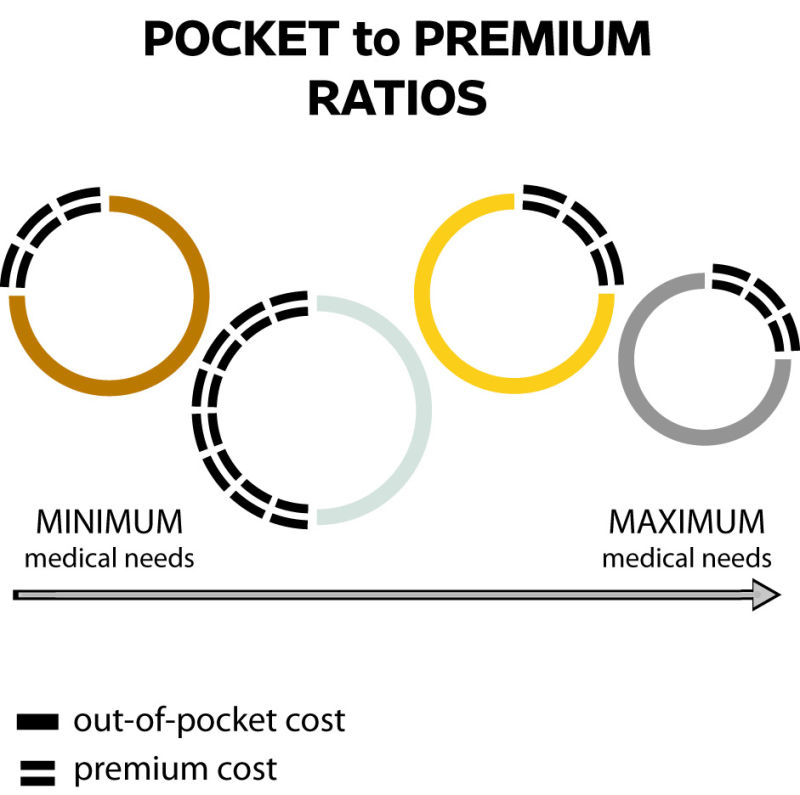ISU scholar health insurance program enacts changes for graduate, professional students
Premiums
October 16, 2013
In keeping with the Affordable Care Act, changes were made to the Student and Scholar Health Insurance Program, provided by Iowa State.
Now students can be covered under their parents’ insurance until the age of 26, and the insurance program no longer has an annual limit against claims, which was $250,000.
“[Domestic graduate students] can enroll in our SSHIP plan, they can stay with their parents until the age of 26 or they can purchase coverage through an exchange,” said Michael Otis, director of human resource services.
Otis said graduate and post-doctoral students have different options to accommodate those with families as well as those who are not on assistantship.
“Domestic graduate assistants or international graduate assistants are automatically enrolled in SSHIP and their premium under the coverage is being paid for by their department or college,” Otis said.
Under the new health care law, states can build independent exchanges, participate in a federal exchange or have a partnership exchange. Iowa has a partnership exchange, which means its plan will mimic what the federal government is doing but is run by the state.
There are four different types of plans offered through the new health care exchanges: bronze, silver, gold and platinum.
The difference between the bronze plan, which is very basic coverage, and platinum, which is meant for those with a lot of health care needs, is the amount paid for the premium and copays.
The platinum plan will have a higher premium cost but will pay a lower share of the costs out-of-pocket.
“Our student insurance plan is right in between the silver and the gold,” Otis said. “We have a very good plan; I think it is very competitive with what they can find in the market plan.”
Stephanie Kratzer, graduate student in food science and human nutrition, said the student health care plan allows for great care right on campus.
“For me, Thielen [Student Health Center] has been both affordable and worth the money,” Kratzer said. “I have been very pleased with the quality of health care I have received.”
Otis explained the intent of the health care reform law is that everybody has health insurance.
For students who do not believe they need to have health insurance because they are young and healthy have until 2014 to gain coverage or face a penalty of $95.
The penalty will only apply to those who do not provide proof of insurance when taxes are filed at the end of 2014. However, the penalty increases to $695 in 2016.
“Part of the reason that [Iowa State] offers a student insurance plan, we really think, that [it] is a protection of education,” Otis said. “We know education is very expensive, and having insurance adds an additional cost to the education.”
Otis said he does not see the government shutdown disrupting the plans for health care reform. Kratzer has not seen any effects regarding health care resulting from the shutdown.
“I have not made any changes with respect to health care based on the government shutdown, and I do not anticipate making any changes at this time,” Kratzer said.
For questions on health care and exploring the options, students can visit http://www.hrs.iastate.edu/hrs/sship or email questions to isusship@iastate.edu.







